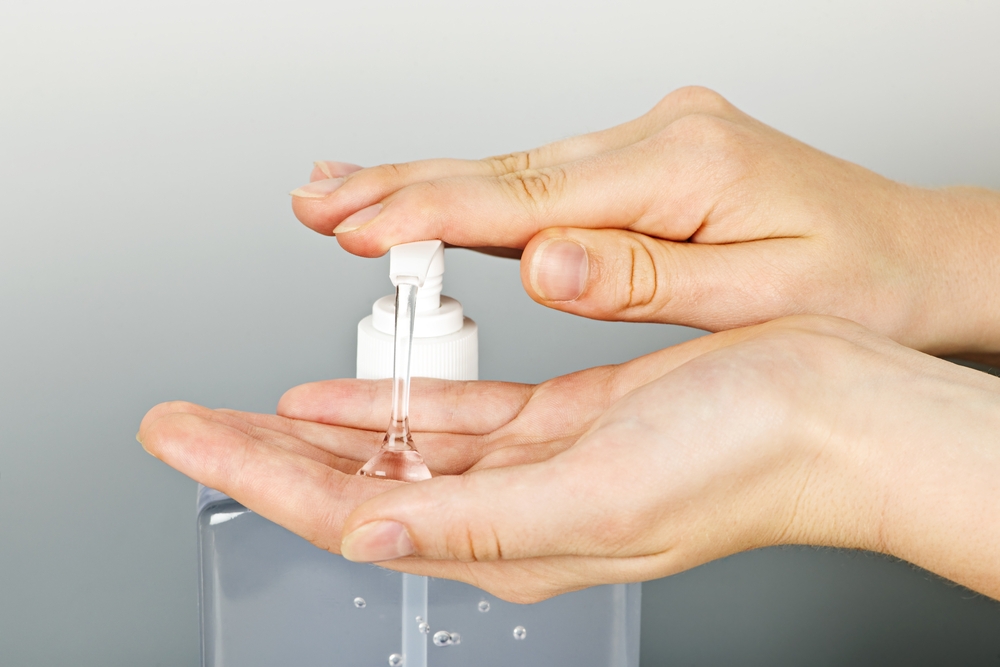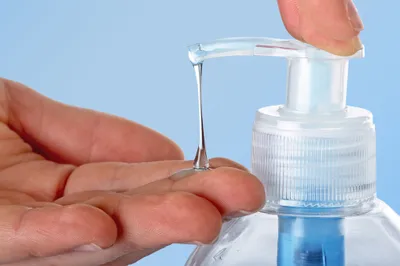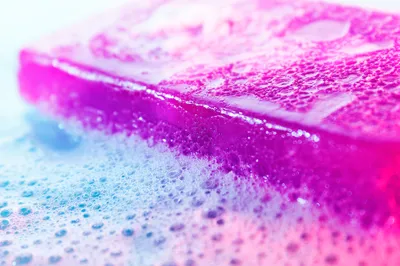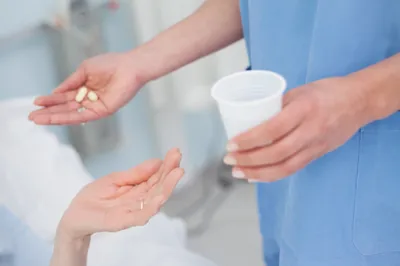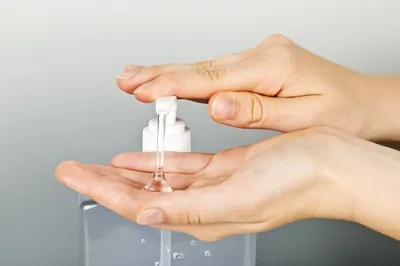Most families make the switch to “anti-bacterial” soaps and other products in order to protect their families from germs and illness. However, studies reveal that you might not only be wasting your money, but also putting your health at risk by over-using these products.
Here are eight dirty truths about antibacterial soaps and other anti-microbial products…
1. Studies show that so-called “anti-bacterial” marketed products don’t have any added effectiveness compared to regular old soap and water. So paying extra for a product deemed antibacterial isn’t offering any extra protection. Soap by nature is germ-fighting on its own.
2. In addition, studies conducted by the US Food and Drug Administration (FDA) have found that using products marketed as “antimicrobial” provide no additional germ-fighting benefits compared to regular soap and water.
3. Besides calling into question the effectiveness of so-called “anti-bacterial” and “anti-microbial” products, the FDA voices concerns about the antiseptic and chemical ingredients added to these products, which can jeopardize the health of users.
4. One “anti-bacterial” additive in particular, called triclosan, has been shown harmful to our health in laboratory testing. For instance, when lab rats were exposed to products containing triclosan, they experienced increased hormone levels (i.e., testosterone, estrogen and thyroid hormones), which can spur early puberty, certain types of cancer, and cause infertility.
5. Using anti-bacterial products with added triclosan may also cause the user to develop a form of drug-resistant bacteria. This means, if you over-use anti-bacterial products and get sick, the drugs you take to treat the illness may have zero effect to improve your health.
6. Unfortunately, the FDA suspects that approximately 93-percent of bar and liquid soaps marketed as “anti-bacterial” and “anti-microbial” contain triclosan (also often labeled as triclocarban). Check your labels carefully.
7. Studies show that overuse of anti-microbial products is akin to the overuse of antibiotics. The body will eventually develop drug-resistant microbes (i.e., streptococcus pneumonia and certain super strains of E. coli) that cannot fight off mutated germ bacteria.
8. Medical doctors point to untruthful selling practices of products like hand sanitizers (which mostly contain alcohol) and anti-bacterial products stating that they can help prevent colds and infections when most are viral won’t respond to anti-biotic drugs.
